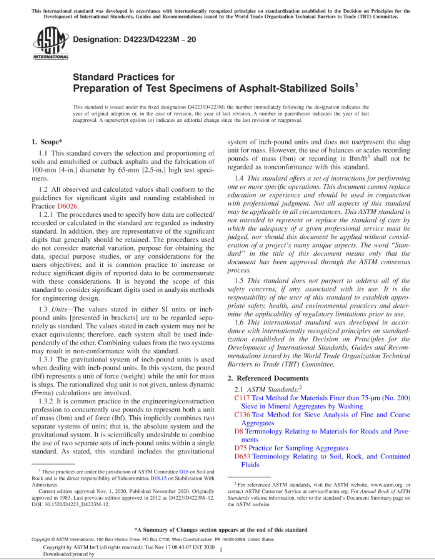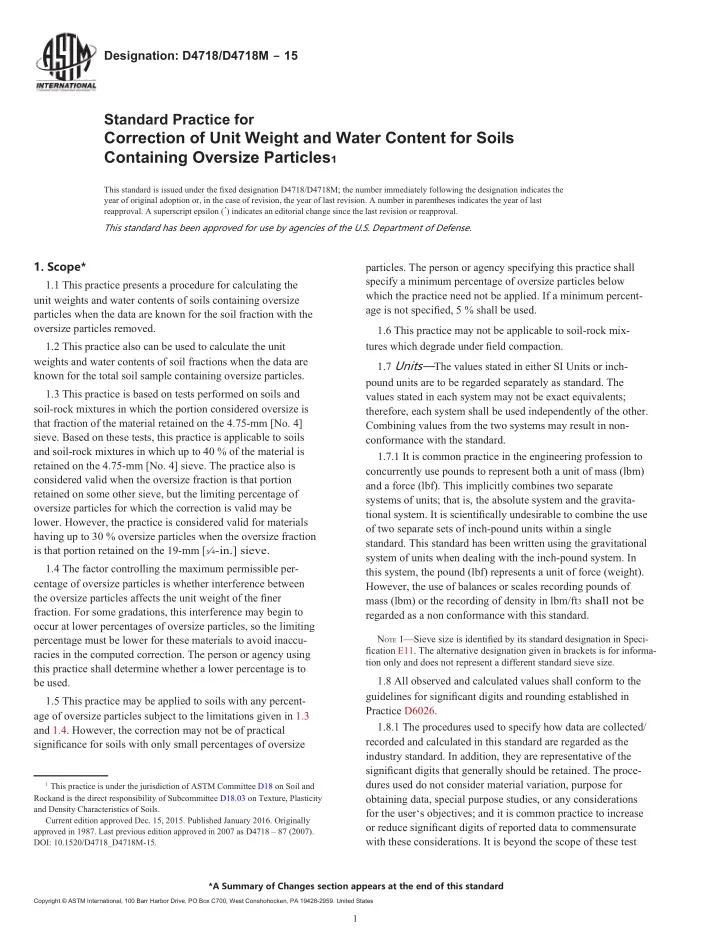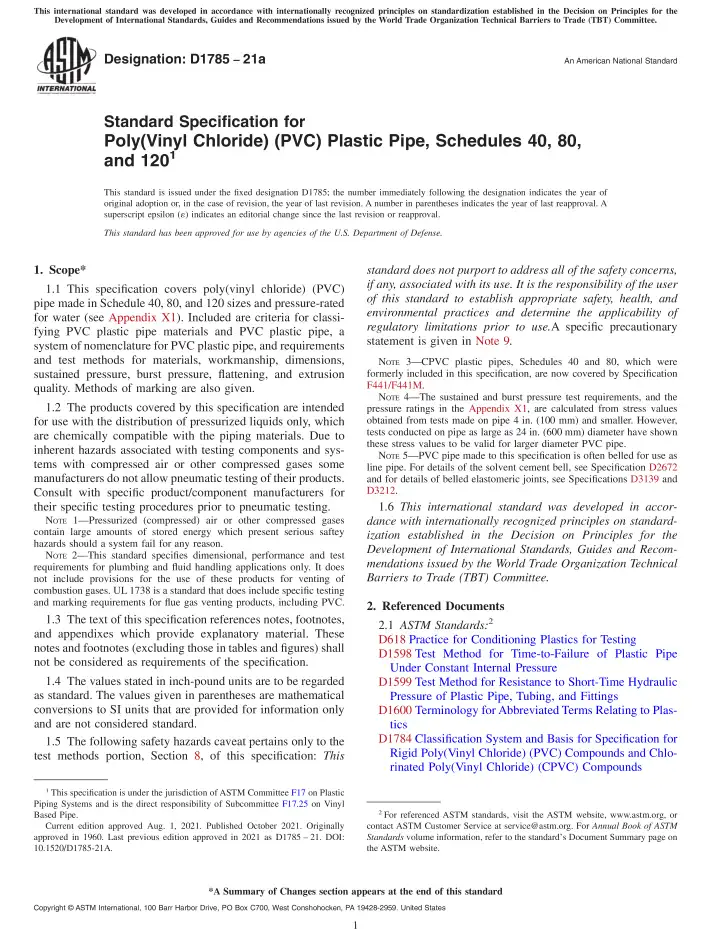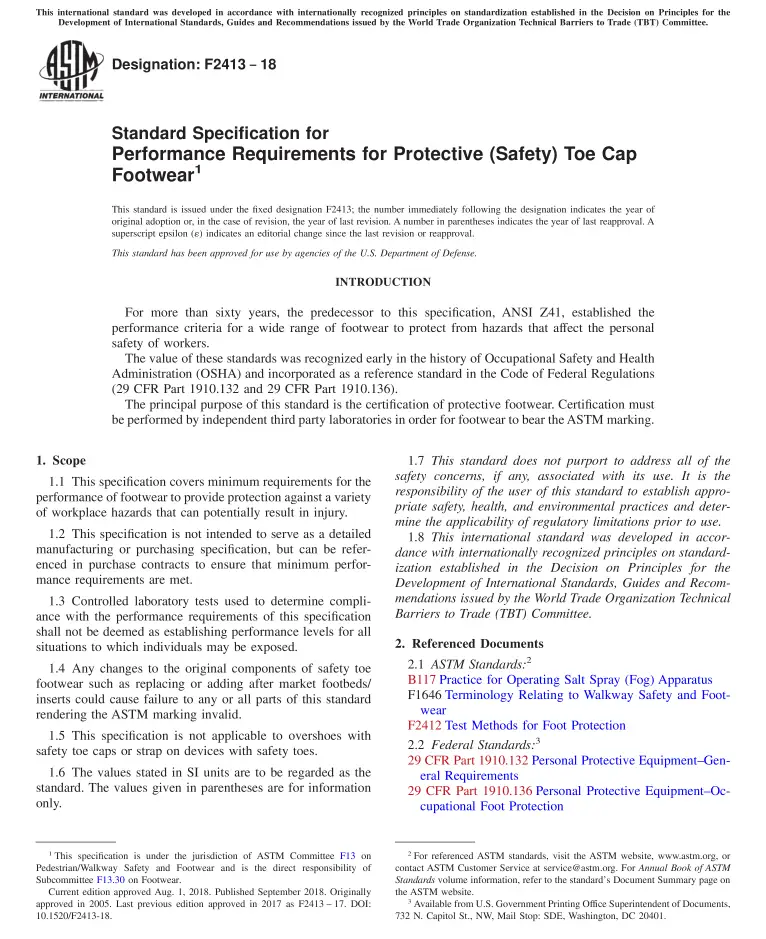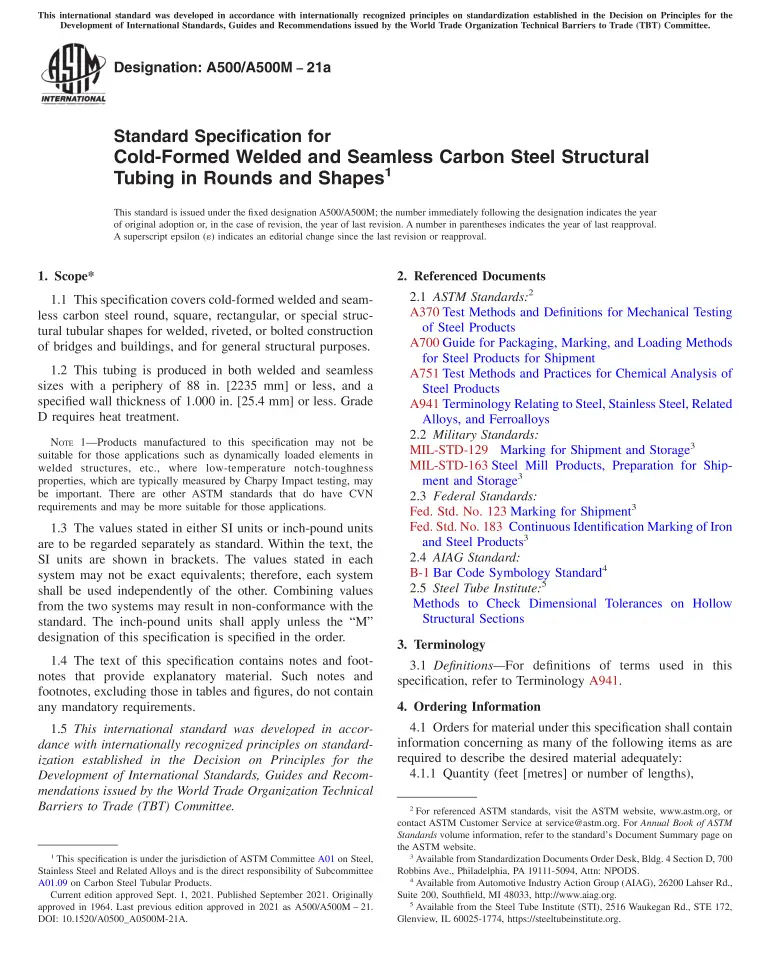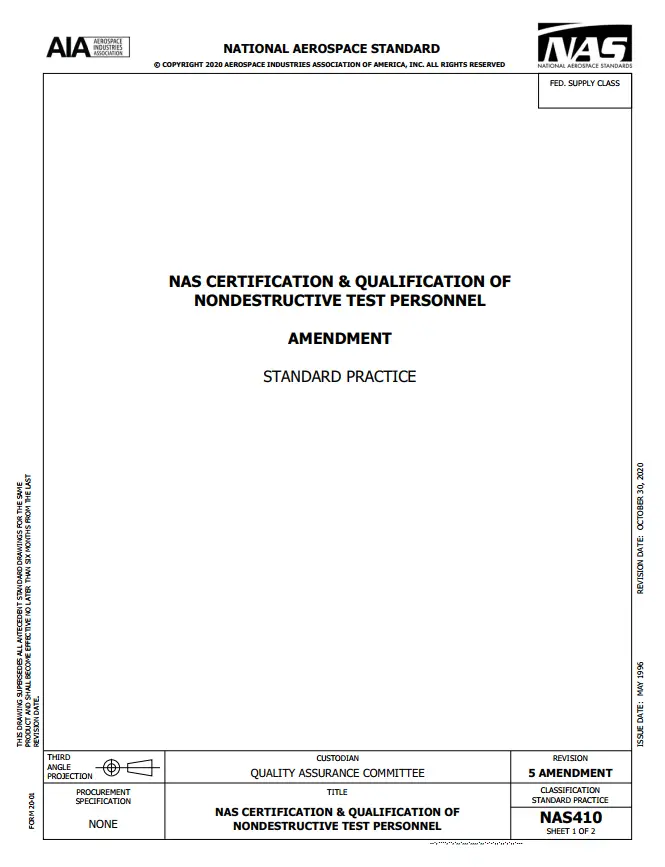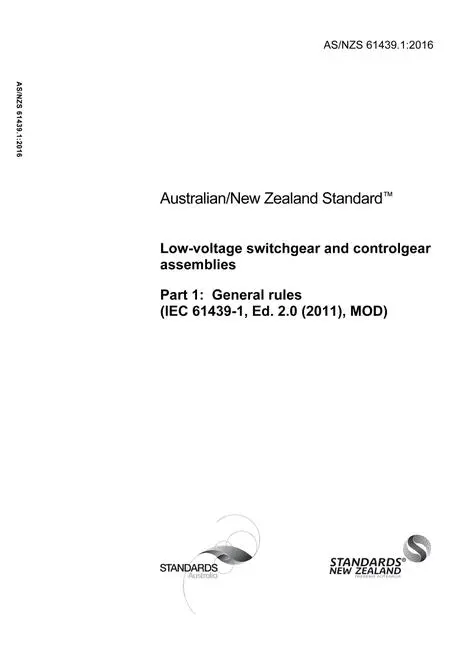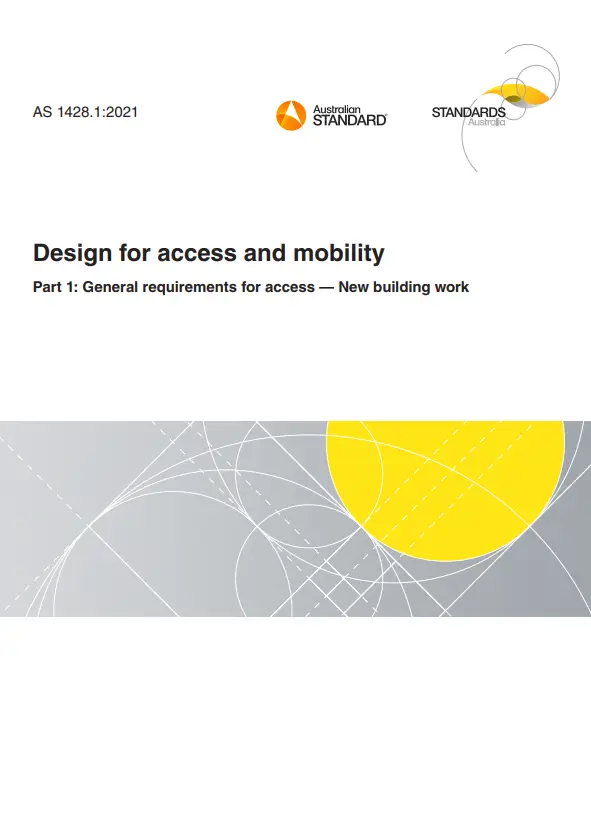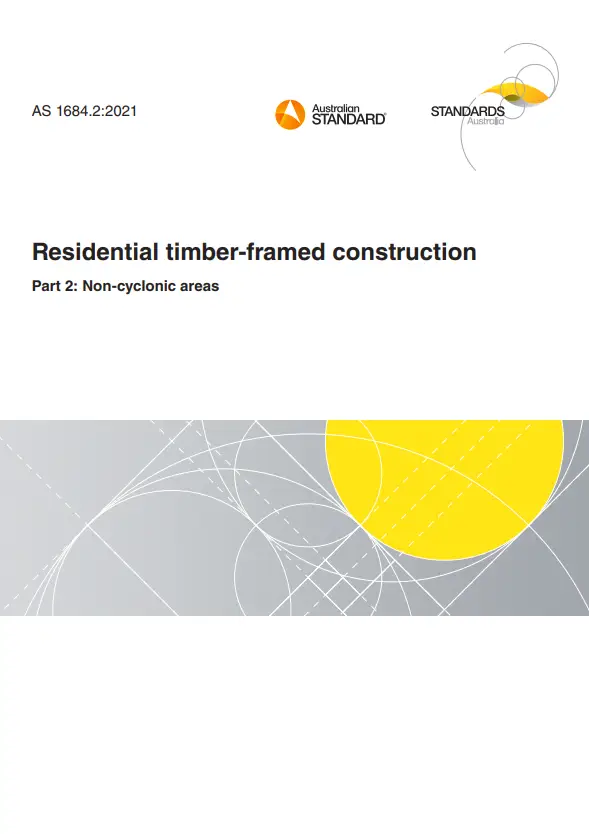ASTM D4223/D4223M, 2020 Edition – Standard Practices for Preparation of Test Specimens of Asphalt-Stabilized Soils
This standard covers the selection and proportioning of soils and emulsified or cutback asphalts and the fabrication of 100-mm [4-in.] diameter by 65-mm [2.5-in.] high test specimens.
All observed and calculated values shall conform to the guidelines for significant digits and rounding established in Practice D6026.
The procedures used to specify how data are collected/ recorded or calculated in the standard are regarded as industry standard. In addition, they are representative of the significant digits that generally should be retained. The procedures used do not consider material variation, purpose for obtaining the data, special purpose studies, or any considerations for the users objectives; and it is common practice to increase or reduce significant digits of reported data to be commensurate with these considerations. It is beyond the scope of this standard to consider significant digits used in analysis methods for engineering design.
Units—The values stated in either SI units or inchpound units [presented in brackets] are to be regarded separately as standard. The values stated in each system may not be exact equivalents; therefore, each system shall be used independently of the other. Combining values from the two systems may result in non-conformance with the standard.
The gravitational system of inch-pound units is used when dealing with inch-pound units. In this system, the pound (lbf) represents a unit of force (weight) while the unit for mass is slugs. The rationalized slug unit is not given, unless dynamic (F=ma) calculations are involved.
It is common practice in the engineering/construction profession to concurrently use pounds to represent both a unit of mass (lbm) and of force (lbf). This implicitly combines two separate systems of units; that is, the absolute system and the gravitational system. It is scientifically undesirable to combine the use of two separate sets of inch-pound units within a single standard. As stated, this standard includes the gravitational system of inch-pound units and does not use/present the slug unit for mass. However, the use of balances or scales recording pounds of mass (lbm) or recording in lbm/ft3 shall not be regarded as nonconformance with this standard.
This standard offers a set of instructions for performing one or more specific operations. This document cannot replace education or experience and should be used in conjunction with professional judgment. Not all aspects of this standard may be applicable in all circumstances. This ASTM standard is not intended to represent or replace the standard of care by which the adequacy of a given professional service must be judged, nor should this document be applied without consideration of a project’s many unique aspects. The word “Standard” in the title of this document means only that the document has been approved through the ASTM consensus process.
This standard does not purport to address all of the safety concerns, if any, associated with its use. It is the responsibility of the user of this standard to establish appropriate safety, health, and environmental practices and determine the applicability of regulatory limitations prior to use.
This international standard was developed in accordance with internationally recognized principles on standardization established in the Decision on Principles for the Development of International Standards, Guides and Recommendations issued by the World Trade Organization Technical Barriers to Trade (TBT) Committee.
General Product Information:
| Revision | 2020 Edition |
| Document Type | |
| Document Language | English |
| Pages | 5 |
| Publisher | ASTM International (ASTM) |
| Status | Current |

